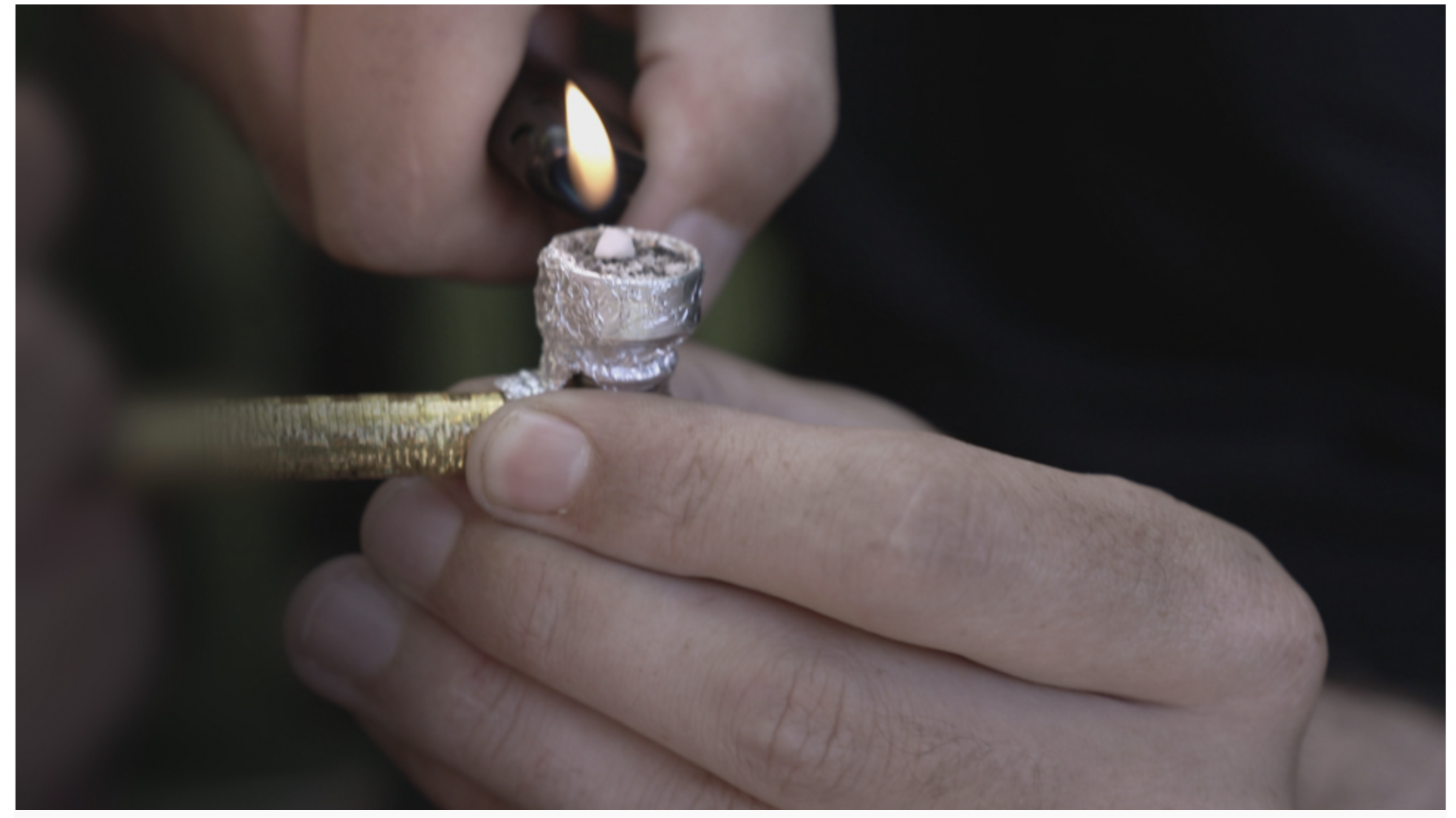- Opinion
- 16 Jul 24

Stuart Clark and Tony Duffin crunch the alarming numbers, which highlight the strain that’s being placed on drug treatment services here.
Hot Press was accused of scaremongering twenty years ago when we predicted that crack cocaine use would eventually become as prevalent in Ireland as it has been in the US since the 1980s when Colombian drug lords flooded inner cities with their easy to produce, highly-addictive and instant high-giving new product.
Told by the Gardaí and Department of Justice that there was no evidence of crack being manufactured here, Hot Press went to a flat in the Liberties and photographed a twentysomething dealer cooking up a batch of rocks with nothing more sophisticated than a test tube, a lighter and ammonia. Neither of the aforementioned were impressed.
It seems highly likely that crack cocaine manufacturing is now being done on a more industrial scale in Ireland.
Published last month, a Health Research Board (HRB) report confirms the sustained rise in demand for crack cocaine treatment.
“Over the period 2017 to 2023, the use of crack cocaine increased by 594% according to the latest treatment figures,” says Ana Liffey Drug Project CEO, Tony Duffin, who did some HRB report number-crunching for us. “Separately, there has been a troubling increase from 2,264 in 2021 to 2,659 in 2023 of people reporting having ever injected. Although there’s been a decrease in opioid users currently injecting, the rise in cocaine and polydrug use among injectors is troubling.
Advertisement
“Equally concerning is that 40% of those who have injected reported sharing needles and syringes. These figures highlight trends in drugs use that require enhanced Harm Reduction measures be implemented to further protect life, reduce the spread of disease and provide opportunities for people who use drugs.”
In 2023, 4,923 people sought drug treatment with cocaine as the main problem.
The HRB report also reveals a 388% increase in females seeking treatment for cocaine use between 2017 and 2023.

For cases with crack cocaine as the main problem, nearly half were female, just over one-in-20 were employed and the median age was 39 years.
“The sharp increase in cocaine cases among females is a concern and highlights a growing need for prevention measures, especially around crack cocaine,” says HRB Research Officer, Dr. Anne Marie Carew. “Females entering drug treatment are more likely to be living with dependent children. Understanding the complex issues they face will help to identify the integrated services they require to address their specific situations.”
In contrast to the spike in crack cocaine use, new cases reporting cannabis or opioids as their main problem drugs have decreased, which challenges the narrative being peddled by some prohibitionist Irish GPs.
Advertisement
They’ll doubtless be alarmed by the Brazilian Supreme Court’s recent decision to decriminalise the possession of marijuana for personal use.
While it still needs Senate approval to become law, it’s representative of the global drift towards more enlightened drug laws.
The next issue of Hot Press will contain a special Cannabis 2024 report with news of the latest developments in Brazil, Jersey, Germany, Holland, Malta, South Africa and, of course, here in Ireland where another new report has confirmed the Gardaí’s reluctance to use the Adult Caution Scheme in relation to the possession of cannabis for personal use.










